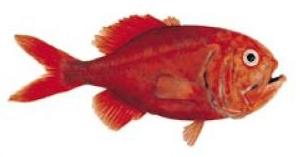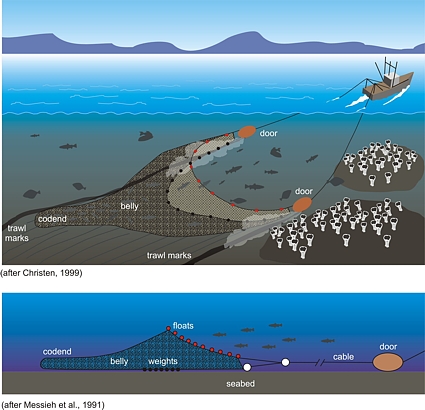By KIRAN CHUG - The Dominion Post
New Zealand's fisheries management is again in the international spotlight, with one of the world's largest shipping companies refusing to transport orange roughy.
Supermarkets in Britain, Canada and the United States have already stopped sales of the fish, and now shipping company Maersk has also taken action.
The shipping line's New Zealand manager, Julian Bevis, said the company had decided it would no longer knowingly take bookings to ship orange roughy, Antarctic and Patagonian toothfish, shark or whale.
The decision had been made in line with the company's sustainability policy, he said.
Orange roughy exports were worth $51 million last year, the Seafood Industry Council said. Its chief executive, Owen Symmans, said Maersk had turned its back on New Zealand's fifth-largest exporter.
The fishing industry was worth an estimated $1.4 billion each year, and he said Maersk had made it clear it no longer needed its business.
Green Party oceans spokesman Gareth Hughes said the move added to the "rising tide of international rejection" of New Zealand's seafood industry.
Consumers realised the orange roughy fishery had been harvested to near collapse through highly destructive bottom trawling methods. "Consumers have power, and because of them, companies like Maersk, which carries around 40 per cent of New Zealand's seaborne trade, are sending some clear signals."
However, the Fisheries Ministry said New Zealand fish stocks were sustainably managed.
Deputy chief executive fisheries management Gavin Lockwood said orange roughy catch limits had been reduced by almost 40 per cent during the past five years.
Bottom trawling was closely managed. Satellite monitoring showed exactly where ships were fishing.
An area of the sea floor equivalent to four times the size New Zealand had been closed to bottom trawling by the ministry, Mr Lockwood said.
All ships catching Antarctic toothfish had to meet strict requirements on fishing and bycatch, as well as carry two independent observers.
Greenpeace oceans campaigner Karli Thomas said that if the Government did not stay ahead of the global sustainability movement, New Zealand's seafood industry could end up "gutted".
Mr Bevis said Maersk was discussing with the industry how best to implement its decision, as orders were often taken electronically for "frozen fish", meaning the company did not always know which species it was transporting.
A Shipping New Zealand spokesman said 12 container companies shipped goods from New Zealand, but Maersk was by far the largest.
The others were capable of shipping refrigerated goods such as fish to anywhere in the world.



Comments